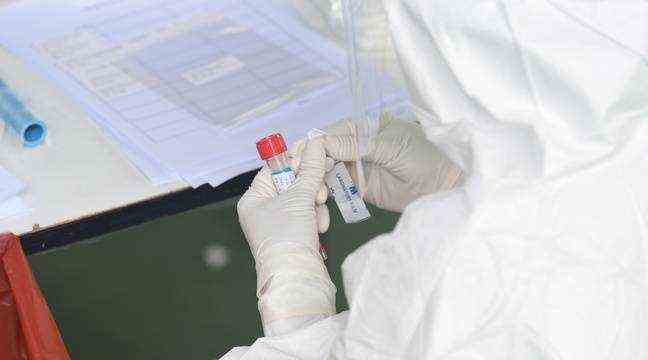Testing campaign in Bangkok to detect Covid-19 patients, May 8, 2021. – PACIFIC / PACIFIC PRESS / SIPA
Did you miss the early morning news? We have concocted a recap to help you see more clearly.
We will have to change our bad habits. The WHO wants to do everything to ensure that the coronavirus crisis does not provide an opportunity to indict a country or a region of the world. It must be said that with names like B.1.617, B.1.1.7 or B.1.351, the general public and the media have so far preferred to designate the variants according to the place of their discovery. Faced with these “stigmatizing and discriminatory” names, the Organization will therefore simplify things by giving them names of Greek letters. Thus, the variant B.1.1.7, first identified in the United Kingdom, was for example named Alpha.
There are no longer any obstacles to setting up the “health pass”. The Constitutional Council validated Monday this controversial government project provided for by the law governing the gradual exit from the state of health emergency. The “health pass” will be limited to large gatherings, such as festivals, and subject to a series of measures limiting attacks on individual freedoms. It will condition access to major events, more than 1,000 people according to the government’s plan, on presentation of a negative coronavirus screening result, proof of vaccination or even a certificate of recovery after contamination.
The subject of the fight against terrorism will once again be at the heart of MEPs’ debates. The bill for a new anti – terrorism and intelligence law is being examined from this Tuesday by the National Assembly. It is betting on additional measures to face the threat of those leaving prison convicted of terrorism or radicalized, against a backdrop of outbidding on the right. Almost a year after the censure by the Constitutional Council of a draft law LREM establishing security measures, the government is taking over with this bill. It breathes new life into two texts adopted in 2015 and 2017. The text includes a new section intended to respond to this major security issue but which also represents a challenge in terms of public freedoms.

